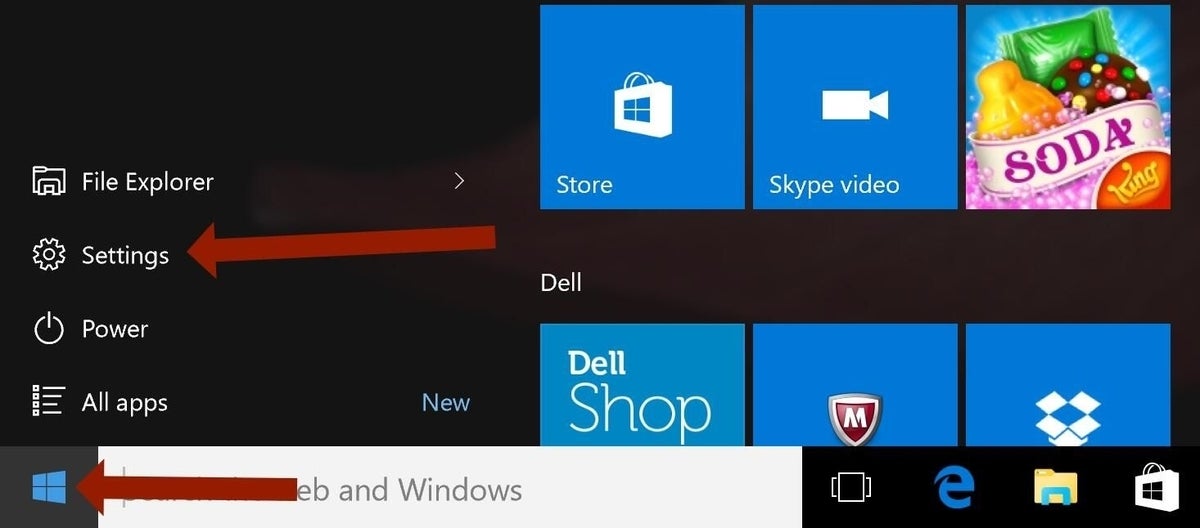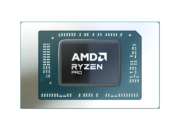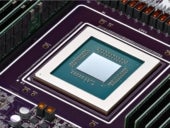
Hardware
SecurityHow Can Businesses Defend Themselves Against Common Cyberthreats?
TechRepublic consolidated expert advice on how businesses can defend themselves against the most common cyberthreats, including zero-days, ransomware and deepfakes.

TechRepublic consolidated expert advice on how businesses can defend themselves against the most common cyberthreats, including zero-days, ransomware and deepfakes.

At Apple's "Let Loose" event, the company unveiled major upgrades for the iPad Pro and iPad Air, with a new Apple Pencil as icing on the cake.

TechRepublic Premium content helps you solve your toughest IT issues and jump-start your career or next project.

While it may seem almost obscene to some, you can actually connect an Apple Magic keyboard to a Windows 10 and Windows 11 machine. Here's how.

Data center systems and mobile devices will lead the expected growth in IT spending, according to Q2 predictions.

Take advantage of this limited time opportunity, and get the All-In-One Raspberry Pi & Arduino Developer Bundle at $59.97. Only through April 21st.

Speeding up large language model workloads is one of the priorities for the business laptop processors.

Two variants of Xeon 6 processors are coming later this year, Intel announced at the Intel Vision 2024 conference.

Some Google Cloud customers will be able to run instances on the Arm-based Axion chip later this year.

The GoFetch vulnerability, which affects Apple's M series of chips, allows an attacker to steal secret keys from the Mac under certain conditions. Read tips on mitigating the GoFetch security threat.

This ultra-portable drive combines fast 500 MB/s file transfers with a sturdy, shock-resistant design, making it perfect for commuting and remote working.

AMD CEO Lisa Su and VP of Product Management Jason Banta expressed optimism about the hot on-device AI market.

A new report promotes preventing cyberattacks by using memory-safe languages and the development of software safety standards.

This guide, written by an expert with 20+ years of experience, includes useful tips and considerations to help you select the right MacBook that meets small business employees' needs and enhances their productivity.

The FBI spotted this state-sponsored attack that highlights how home office setups can be overlooked when it comes to employees’ cybersecurity.